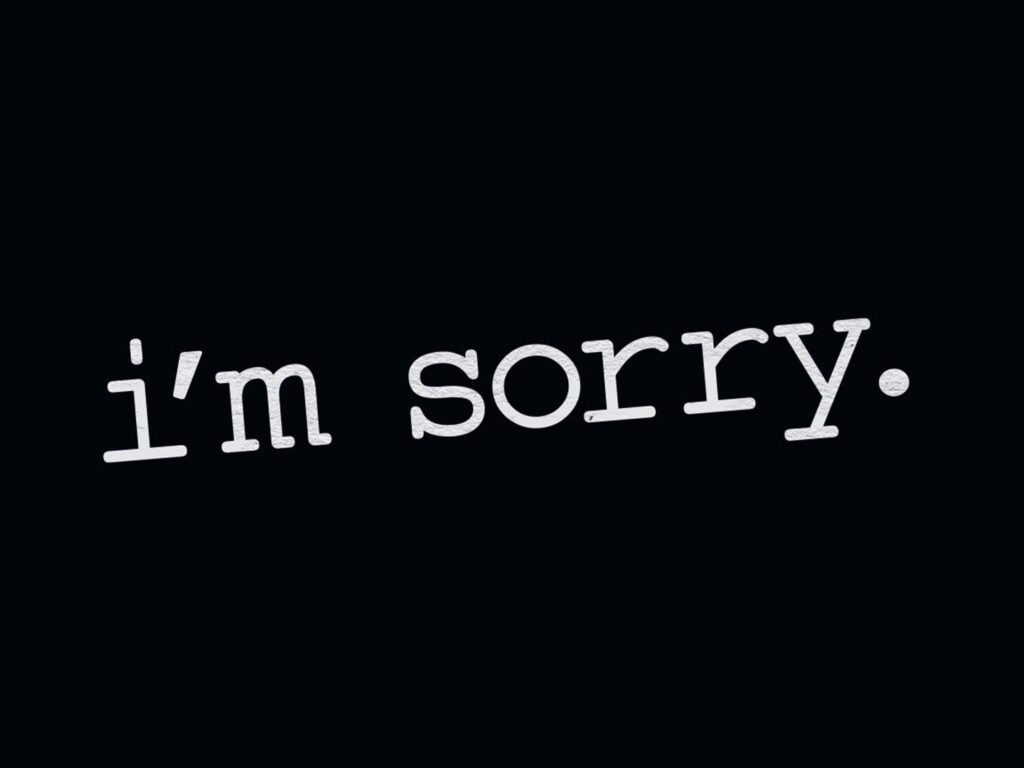If you’ve been following along, you’d be aware that there was no official investigation into a complaint I filed about a sexual harassment charge levied against an umpire in a Softball Leinster game; however, there was an unofficial, private, anonymous, secret, confidential investigation, and it has yielded… an apology.
“Hi Judy,
I would like to apologise for any offense caused by me during this game. It was not my intention to make anyone’s day worse, but I did and for that I am truly sorry.
Austin Purton.”
At the least — the “bare minimum” — admitting causing offense is better than making it someone else’s fault for taking offense; but wow that’s a very low bar.
I’d like it to be known exactly what was said, but I’d accept the offender providing a clear description of the nature of the content, so it is not unclear to anyone.
But the phrase, “made someone’s day worse” is the real problem here. Talk about diminishing the impact of sexual harassment and not understanding nor appreciating in any way the effect of saying such things. Everyone, but men in particular, need to accept there are real and serious impacts to what has historically been seen as a throwaway comment, or an innocuous “joke”.
Confusion. Distraction. Anger. Discomfort. Frustration. Isolation. Powerless. Helpless. Abandoned. Alone.
And what is offered? The bare minimum, and not even directly; and unofficially, of course – no record, no documentation, “nothing to see here”.
Incomplete apologies and nothing documented officially, hiding behind a facade of privacy and confidentiality, apologizing to someone who is not even the victim, without any apparent understanding or acknowledgement of what happened or the impact of what was done?
It’s not good enough.

